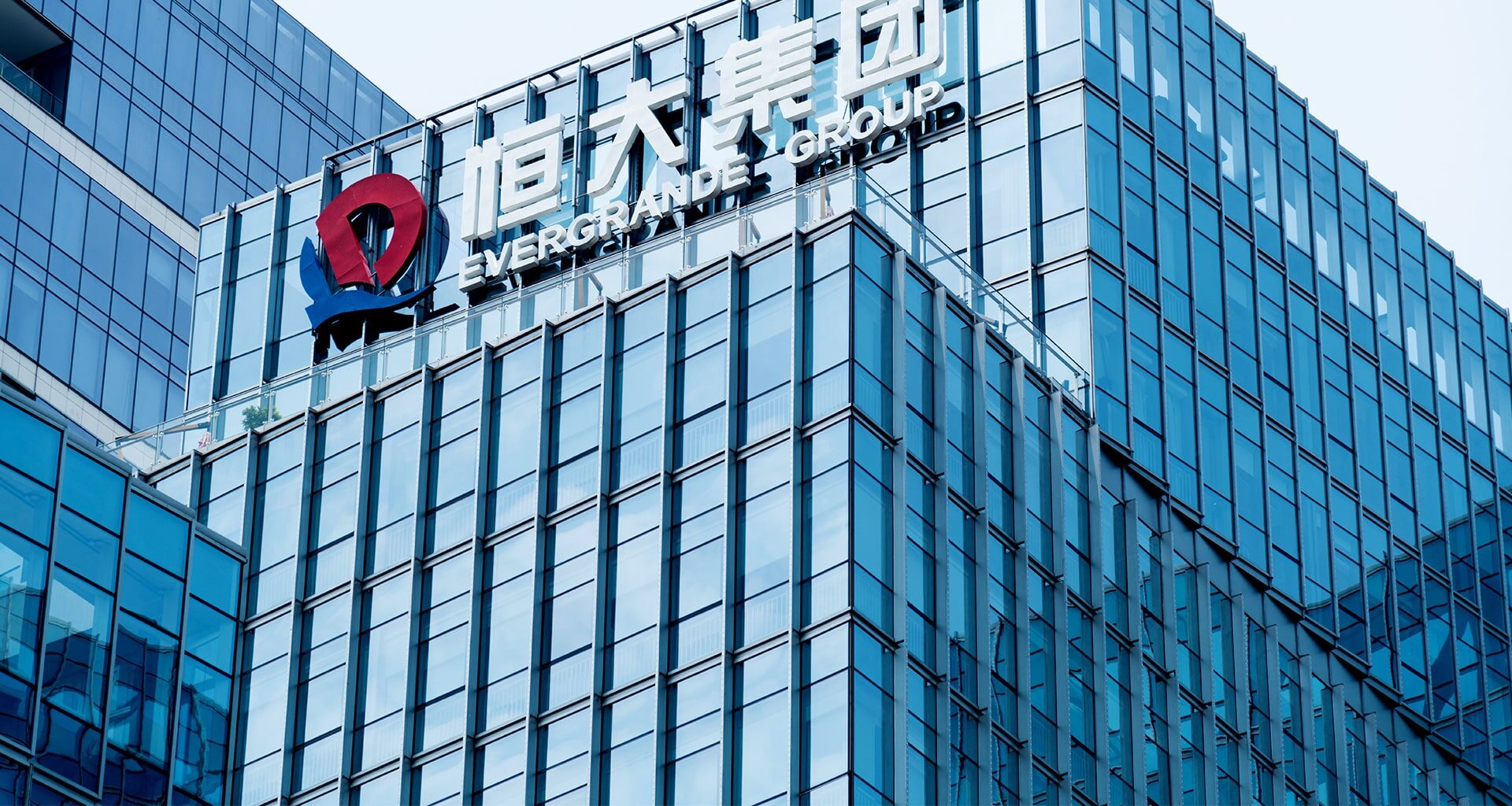Fears last week over Evergrande’s ability to make good on its $300 billion of liabilities spilled into global financial markets. The heavily indebted Chinese property developer has come under increasing pressure to manage its risk exposures and is close to defaulting on debt interest payments.
The fear of creditors to Evergrande that they may not be paid, and of customers that they may not receive the properties they have paid for, resulted in broader market concerns that other property developers in China could pose a similar risk. Residential property in China makes up 30% of GDP so any crisis in the property market there would be a serious drag on the entire economy and as the world’s second largest economy, global markets took notice. This begs the question: how should investors be thinking about this risk?
First of all, China is not America. Its banking system and economy are not free or internationalized to anywhere near the extent of the United States. The Chinese government has a lot more control to contain the fallout from Evergrande. The Chinese banking system is controlled by the government, so the risk of contagion between banks causing a wider financial crisis is lower than would be the case for any Western country.
The Chinese government is also sitting on $3.2 trillion of foreign currency reserves. Last Thursday the Chinese central bank injected 110 billion RMB into the Chinese financial system, the biggest liquidity injection into its economy since the pandemic. China, in other words, has a lot of financial firepower to throw at this problem too.
Further, the probability China lets Evergrande develop into a full-blown financial crisis is low. Evergrande property projects employ millions of Chinese workers. Most Chinese domestic savings are in property. Allowing a property market crisis to play out would be very damaging to employment and confidence in China, and very damaging to the Chinese Communist Party’s reputation.
The most likely outcome of this debacle is that Evergrande goes through a government led orderly restructuring. The Chinese government likely steps in to make sure other property developers continue operating, ultimately protecting the Chinese retail investor from any major fallout and adhering to its much-publicized idea of ‘Common Prosperity’.
Investors should not panic and certainly should not be exiting long-term investments in global growth equities because of this issue. The long-term economic fundamentals for China and East Asia remain very strong. This region will continue to be a global economic powerhouse for decades to come.
Disclaimer: The views expressed in this article are those of the author at the date of publication and not necessarily those of Dominion Capital Strategies Limited or its related companies. The content of this article is not intended as investment advice and will not be updated after publication. Images, video, quotations from literature and any such material which may be subject to copyright is reproduced in whole or in part in this article on the basis of Fair use as applied to news reporting and journalistic comment on events.


